When my mother chose schools in Sweden for me and my big sister, she chose a private school. Not just any private school, but Katolska skolan av Notre Dame, a Catholic school in Gothenburg with German nuns. This was in spite of her being an atheist.
Why? When asked, she would always say she did it because it was a good school, and I would have to agree. Though a Catholic school with German nuns sounds very disciplinarian, and maybe was disciplinarian compared to municipal school, I only have good memories from those first six years of schooling.
That was followed by a year and a half at The English School of Gothenburg, followed by a municipal school, Brunnsboskolan for a year and a half.
After that I studied natural sciences at a municipal upper secondary school, Polhemsgymnasiet.
So, as you can see I did quite a bit of both private and municipal school. Here’s the advice I can give to parents deciding which is best for their child.
Will my kids learn good Swedish at an international school?
Yes, most likely.
In fact, they probably would do even if they didn’t have any Swedish lessons, although as it happens, they do have Swedish lessons, since that is mandatory under läroplanen, the Swedish national curriculum. (If you are new to the country, you can find out more about the curriculum here in English.)
Mastery of any language is connected to usage. If your children’s friends are Swedish speakers, and your children communicate with them in Swedish, then there is no doubt that they will learn Swedish.
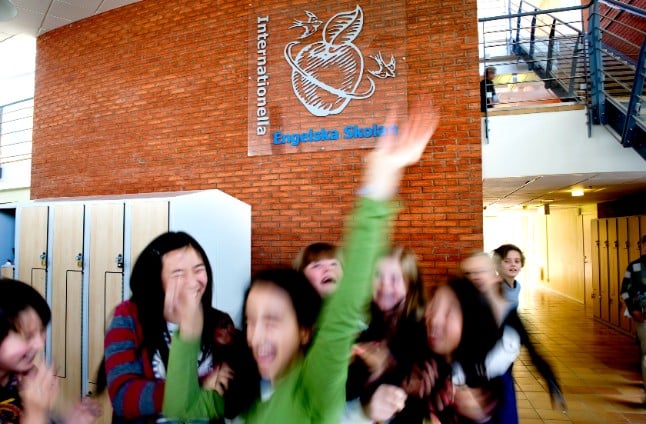
Are kids more ‘rooted’ if they go to Swedish schools, rather than international schools where new students come and go more often?
From my own experience I would say, it depends.
Feeling rooted somewhere can be due to many factors, such as culture, relations, memories, and similar things. Though I would hardly consider myself ‘deeply’ rooted in Swedish society, my mother’s choice of schools was not primarily responsible.
Friendships are important for feeling at home, but friends are not exclusively made at school. I had many friends at the private schools I attended, and many in my neighbourhood, some of which I would later join at municipal school, where I also made new ones. Today I am still close with many of the friends I made, both in my neighbourhood and at the private and municipal schools I attended. But my case is perhaps not the norm.
One advantage of sending your kids to a municipal school is that your child’s classmates will be kids who live in the immediate area, meaning it is easier to have local playmates, who most likely will speak Swedish.
Students at international schools will often see their classmates change more frequently as their parents move between countries, which can make friendship groups unstable. Their friends are also more liable to disperse around the world after graduation, whereas friends from municipal schools are more likely to stay in the same city, or at least the same country.
Sending your kids to an international school might also mean you meet other international parents, which may in turn hamper your integration into Swedish society, and by extension that of your children.
But on the other side, sending your children to a municipal school will not necessarily mean they meet more Swedes. Today some schools are so segregated that there are virtually no ethnic Swedes among the students. At the municipal school I attended, more than half of the students were Swedes at the time I was there, but today that number is much lower.
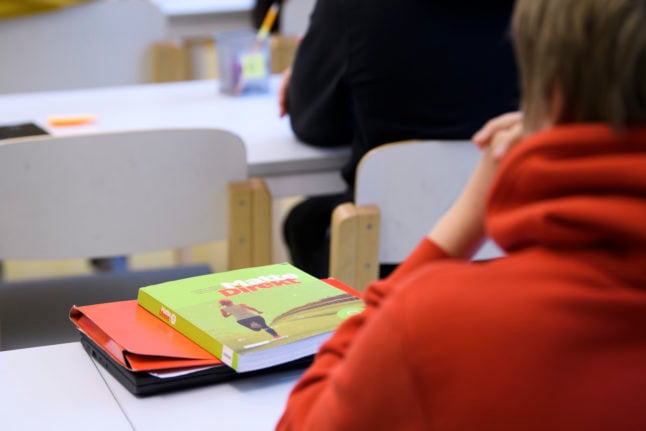
At the private schools I attended, by contrast, there were nearly no Swedish students. One of them was a private school of a more international character, where the primary language was English. The students at the other were children of people who had immigrated to Sweden with the intention of staying, and the primary language was Swedish.
So whether your children end up feeling rooted could depend more on the individual school, rather than whether it is private or municipal.
Which is better for higher education, a Swedish high school exam or an international baccalaureate?
As you can imagine this will depend on the universities you are applying to, but there are some issues to consider.
Having Swedish exams is certainly the best thing if you expect your child will be applying to university in Sweden, as they are two parts of the same system.
How do they fare internationally? Generally it is sufficient to translate Swedish exams into the equivalent local system, but it is perhaps slightly harder to be accepted than if you have a familiar qualification for the university you apply to, such as an international baccalaureate.

Are municipal or private schools better?
There is no straightforward answer to this, as all private schools are not better than all municipal schools, even though more of the best schools are private and more of the worst schools are municipal.
Last year, Swedish newspaper Borås tidning published an article in which the head of Sven Eriksonsgymnasiet, an upper secondary school in Borås, claimed that students from the local branch of Internationella Engelska Skolan did far worse than their peers from other schools, judged by the grades they had when they arrived. His claim was based on statistics he had been collecting on his students, and is perhaps an indicator that ‘private’ does not necessarily equate to ‘good’.
If you want to research school statistics yourself, you can take a look at skolkollen.se, which allows you to compare schools based on data from the Swedish National Agency for Education and Statistics Sweden.
If you set the category to ‘Grundskola’ (compulsory level school) and sort by ‘Uppnåt kunskapskravet åk 9’, you sort the schools by the percentage of students that have passed the knowledge requirements required to graduate.
This will give you a comparison between municipal and private schools based on reported student performance.
Besides ‘meeting knowledge requirements in year 9’, you can sort for ‘Elever per lärare’ (‘teacher to student ratio’), Lärare med behörighet (‘the number of qualified teachers’ – though this seems to have little effect on outcome), and Elever på skolan (‘the number of students at the school’).
What is noteworthy is that in the top 20 there are only three municipal schools – two of them being municipal ballet schools – and at the other end of the spectrum the relationship is exactly inverted – three private schools in the bottom 20.
It’s worth pointing out that many of the municipal schools at the bottom end of the list are located in disadvantaged neighbourhoods with primarily low income immigrant families.
This in no way means that you cannot find good municipal schools. But it is a point to consider, especially if you live in one of those areas, as the choice of going for municipal schooling could see your child placed in one of those schools. That is because within the municipal system you are not guaranteed your first hand choice of school.
At the end of the day, choosing a school for your child is a decision best made by individual families taking into consideration the wishes and needs of their own child or children. What works for one family may not work for another, so the most important advice is to think carefully about what your goals are for your child’s schooling and choose a school based on those criteria.

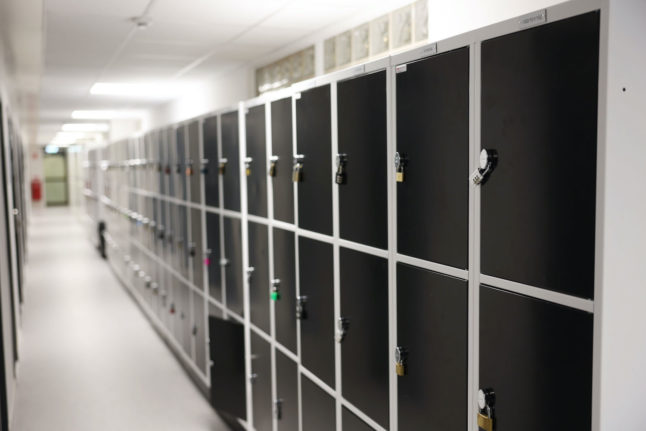
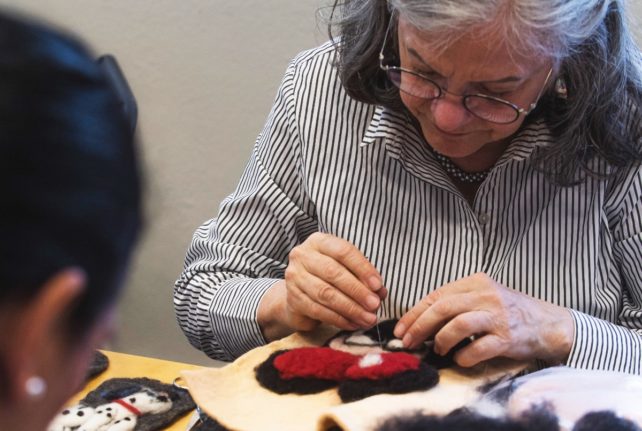
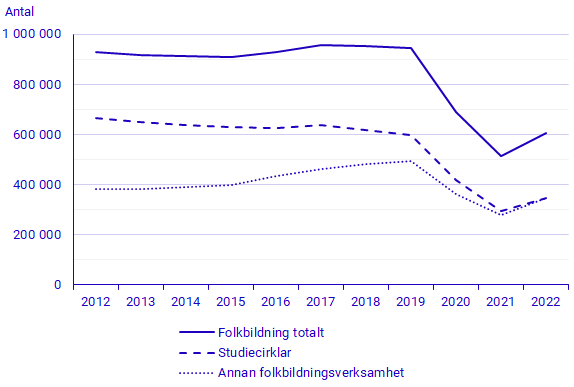
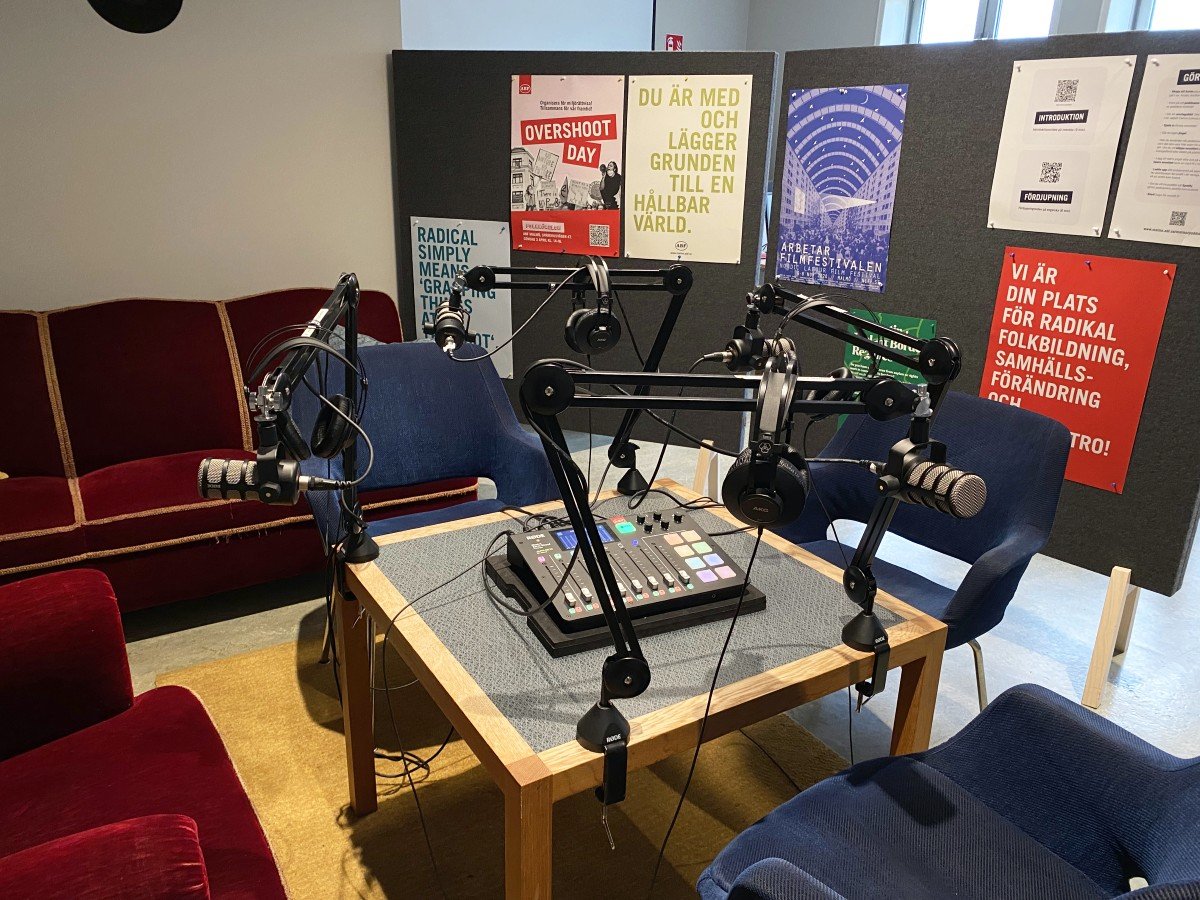
 Please whitelist us to continue reading.
Please whitelist us to continue reading.
Member comments